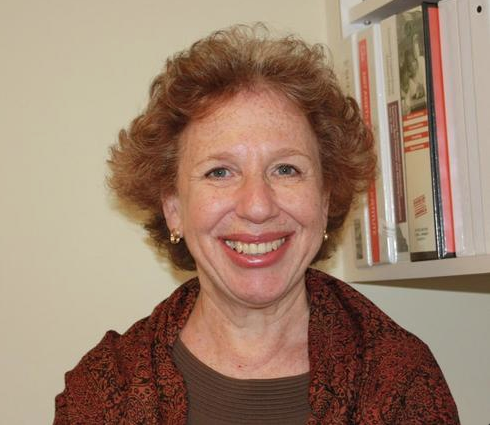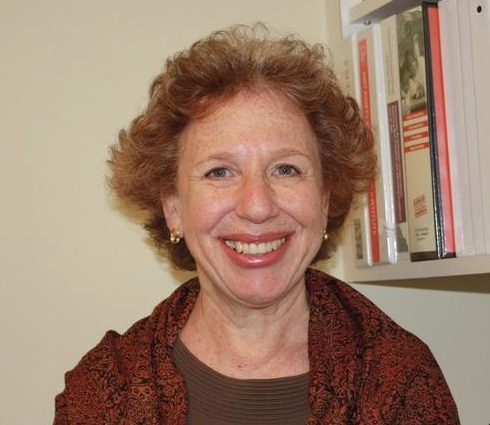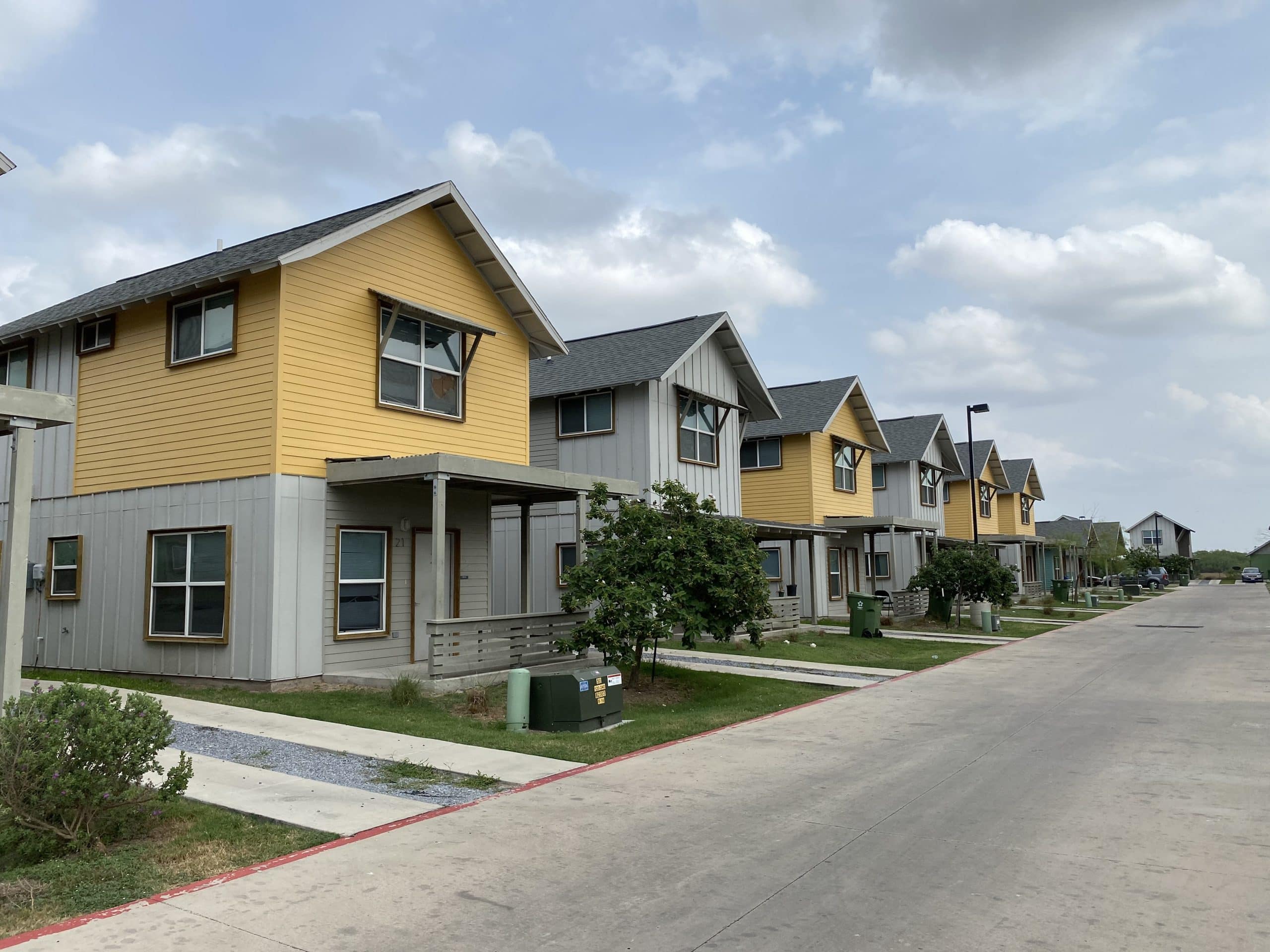
Debby's career in community and economic development spanned decades, but she was most recently director of NeighborWorks' Success Measures Partnerships, an independent shop that supports NeighborWorks network organizations and other nonprofit partners by providing them with tools to evaluate the success of their programs and strategies.
Read below for some thoughts and memories about Debby from former colleagues, as well as us here at Shelterforce.
* * * * * * * * * * * * * * * * * *
When I think of Debby Visser, the first thing that comes to my mind is her infectious smile, or what I call the “Debby smile.” Her smile personifies her incredible kindness, empathy, and wisdom that she has shared with many of us for a long time. Her personality has been a gift to the community development field.
I first met Debby in the late 1980s when she was a senior program officer at the Surdna Foundation, and I was president of NCCED, the CDC trade association. Debby and her boss, Ed Skloot, president of the Surdna Foundation were an amazing combination and had an enormous positive impact supporting community development. Surdna was a relatively small to medium size foundation with a huge footprint reflecting Debby and Ed’s vision and expertise. Surdna was the first funder of the nascent CDFI industry, the first funder for establishing NCRC, the innovative CCRP initiative in the South Bronx, and so much else.
Debby left the Surdna Foundation when she moved to the Washington, D.C., area with her husband, son, and daughter. Both Debby and I were asked to join the National Housing Institute Board around 1995, and she has served on the NHI Board for close to 20 years. Debby epitomizes a thoughtful and engaged board member. She was active, involved, and could be counted on to provide guidance and advice for major decisions.
In addition to being a board colleague of hers, I had the pleasure of teaming up with her on several consulting projects with her in the early to mid-2000. I was thrilled when Debby went to work at NeighborWorks America on the Success Measures project, a critical initiative for our field. Debby brought her full array of skills and commitment to Success Measures over the past decade.
She fought cancer for a long time and beat it so many times over the past few years. If the measure of a person is how they perform under crisis and struggle, Debby was a giant. She was physically tiny, but when you saw her, the smile and helpful personality was always present. That is how I will remember her. —Bob Zdenek, NHI board member.
* * * * * * * * * * * * * * * * * *
About 20 years ago, Pat Morrissy, one of the founders of Shelterforce, and I were introduced to a program officer at the Surdna Foundation, Debby Visser. We went to NYC to meet with her, but didn’t have our hopes up too high. At the time, few foundations supported publications. The vital role that information and communication plays in organizing people, moving an agenda, and strengthening fields and movements was just not yet appreciated by most funders.
Debby asked us great questions, the kind we rarely got that explored what exactly our role in the field was, what values we held, and what our plans were. We walked out of her office with a grant we hadn’t expected to get. It was a tough period for Shelterforce and, without exaggeration; we may not have lasted the next two decades without her support that day.
Why did she give us a grant? Debby had a rare combination of abilities that few of us have. She could see the invisible: the potential effect that an organization could have on a social problem if that organization were nurtured. And she was a risk-taker who had vision and imagination and the confidence to go with her insights.
After Debby left Surdna, we invited her to join our board. She was part of the family now. As a board member, and as a friend, she helped us understand the wider field of social justice movements that we occupied and helped us to become a better, more effective, and more relevant organization. And she did so with unfailing warmth and care for everyone she worked with and for the many people we all served.
Debby was someone who could smile easily. And she did. But her biggest smiles came when she talked about her husband William and her wonderful children Joanna and Tim. That’s when you saw her eyes light up.
Debby was a quiet person with a thunderous impact on us all. We’re all the better for having known her and grateful to have worked with her, and we’ll miss her very much. —Harold Simon, executive director, National Housing Institute, and publisher of Shelterforce Magazine
* * * * * * * * * * * * * * * * * *






Comments